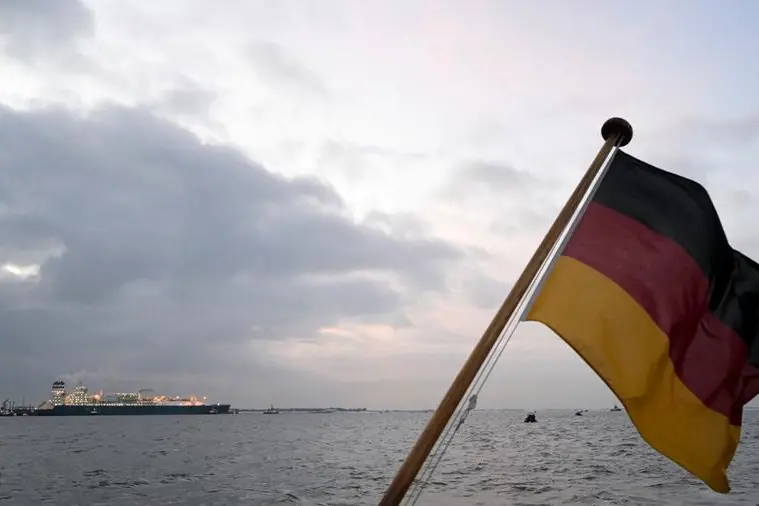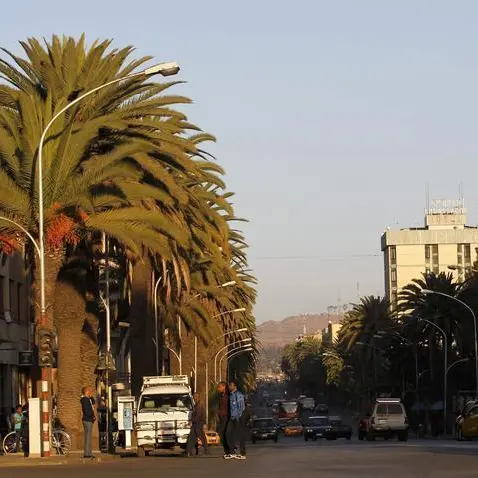PHOTO
Truck drivers who transport goods around Europe ended a weeks-long work stoppage in Germany including a hunger strike after reaching a pay deal at the weekend, labour representatives said.
Edwin Atema, head of the Road Transport Due Diligence Foundation, which monitors and addresses violations of work standards in Europe, said Saturday that the striking truckers had seen their demands met.
"All claims and charges against the Graefenhausen drivers are withdrawn, money has been paid and the strike is over," he said on X, formerly known as Twitter, referring to the location in western Germany where some 80 drivers had set up a protest encampment.
Atema, who led the negotiations on the labour side, said the drivers had been previously "invisible" in European road transport supply chains but achieved "fundamental changes" with their industrial action.
"Not invisible anymore, but invincible," he said.
The truckers -- mostly from Uzbekistan and Georgia, with a handful also from Tajikistan, Ukraine and Turkey -- work for several Polish trucking companies owned by the Mazur Group.
They said they were not being regularly paid their salaries -- at a daily rate of about 80 euros ($85) -- and were charged hefty amounts to even take the jobs in the first place while having to work extremely long hours.
Believing their Polish employers would not respond to their growing desperation amid the 10-week strike, some of the drivers stopped eating last month.
They were demanding a total of 500,000 euros in what they said were unpaid wages. Details of the pay agreement were not made public.
The Mazur Group insisted last month that all salaries were paid "in a timely manner" and had undergone a recent inspection which found no irregularities in payments.
The drivers transport a range of goods for major European companies, working in countries including Germany, France, Italy, Austria, the Netherlands and Switzerland.
German Labour Minister Hubertus Heil welcomed the deal, expressing his "big thanks and respect" to Atema on X.
Atema, who is also a Dutch union official, had said the truckers chose to stage their strike in Germany, rather than Poland, as they felt safer taking action there.
He called the truckers' action "unprecedented" in the European road transport industry.





















